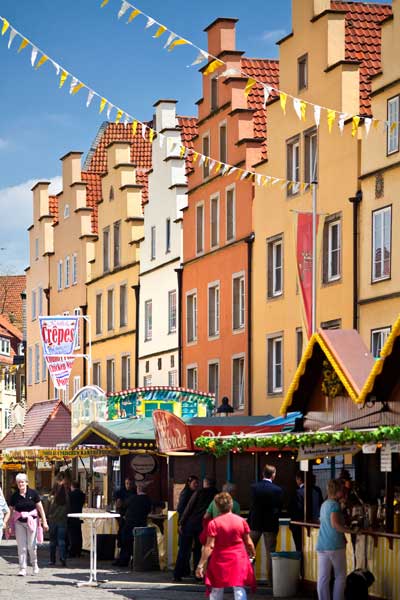Best European Fiction 2011, Edited by Aleksandar Hemon

Your support helps us to tell the story
From reproductive rights to climate change to Big Tech, The Independent is on the ground when the story is developing. Whether it's investigating the financials of Elon Musk's pro-Trump PAC or producing our latest documentary, 'The A Word', which shines a light on the American women fighting for reproductive rights, we know how important it is to parse out the facts from the messaging.
At such a critical moment in US history, we need reporters on the ground. Your donation allows us to keep sending journalists to speak to both sides of the story.
The Independent is trusted by Americans across the entire political spectrum. And unlike many other quality news outlets, we choose not to lock Americans out of our reporting and analysis with paywalls. We believe quality journalism should be available to everyone, paid for by those who can afford it.
Your support makes all the difference.Does European literature exist? Of course it does, and this collection of 41 stories proves it. The Berlin Wall is down and revolutionary vanguards of skilful translators and enlightened publishers are forging ahead towards a Europe of superlative story-telling. Dalkey Archive Press heroically forges ahead with this idea too. The editor, the Bosnian-born writer Aleksandar Hemon, calls himself "the tormented anthologist", having to select the best pieces of literature "for the charge at the frontline of contemporary fiction".
Hemon's selection is not from EU-Europe but Greater Europe: Turkey, Wales, Russia, Montenegro and Lichtenstein are included; famous writers as well as newcomers. Hilary Mantel and Ingo Schulze aren't just here to boost the brand but because, as Hemon stresses, they are the best. Mantel's spare portrait of family life is heartbreaking. The daughter Morna is anorexic, starving herself to death. East German-born Schulze also writes a family story but shows no sign of "Ossi-ness" and bases his narrative about orange-eating Ralf in Italy.
Geographic location is unpredictable, as if to throw the pigeon-holers off the scent. Swiss author Verena Stefan writes about modern warfare from Québec; Frenchman Eric Laurent travels through LA for his "American Diary" and Castilian Enrique Vila-Matas sets his story in Siberia in 1904. After the death of his two wives, a Russian district attorney is left with six unruly children and personal torment. But all he wants is peace and to be "a character in a story".
The diversity and craft on display are thrilling: parables, satires, travelogues, essays, the single-sentence story but also mini-novels. The wonderful Polish writer Olga Tokarczuk delivers a parable of vanity in "The Ugliest Woman In The World". From Serbia there's a "one minute story" of a soldier's death; from Portugal, a morality tale of "state smile subsidies".
Only a handful of stories deal head-on with recent European divisions and traumas. Finland's Anita Konnka reminds us of her country's Soviet ties in her story of a high-ranking Moscow family whose daughter becomes a world-famous clown. Then, from Belarus, we have a timely metaphor of state cruelty, as lovers Angie and Grisha are hunted down for picking wildflowers – a "forbidden act". And from Moldova comes a wonderful story set in the aftermath of Soviet perestroika about Auntie Frosea's love of imported Latin American TV soaps and how they cured her toothache.
There's a lot of sex in the New Europe, most of it not nice: stories of prostitutes and chopped-up wives. From Norway an unhappy marriage leads to a man stalking two young girls. There's a complicated rape from Holland, but from Georgia a gloriously absurd tale where a fridge is sold for sex.
One of my favourite stories is by Bulgarian writer Alek Popov, set in Germany. "Plumbers" is a clever satire on sex and stereotypes. Osnabrück has been voted the happiest town in Germany. The council has funded a scheme to provide "plumbers" from eastern Europe to "service the pipes of housewives". But it's forced to drop the service, the plumbers return and Osnabrück becomes unhappy again.
Apart from the occasional jolt, these translations read beautifully. Turkey's Ersan Üldes actually places the translator centre stage. As he sabotages the texts of famous foreign writers by "improving" their stories - for example, allowing the characters to live rather than die – the translator enhances his own power. It is a powerful role, the key to unlocking our European culture. Translation is joining up the dots all over Europe, where for decades we could not read each other's literature. It makes us better Europeans.
Join our commenting forum
Join thought-provoking conversations, follow other Independent readers and see their replies
Comments